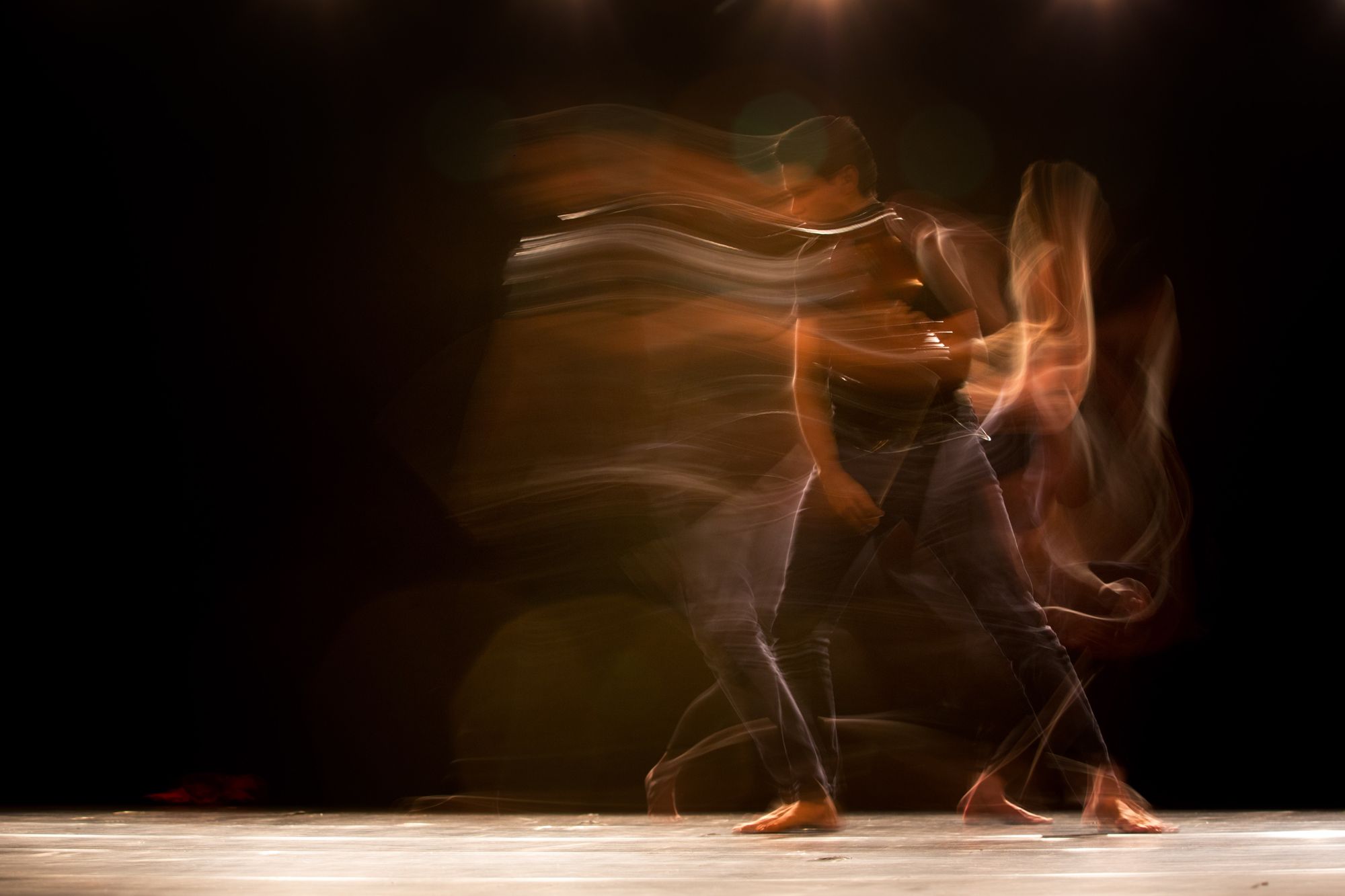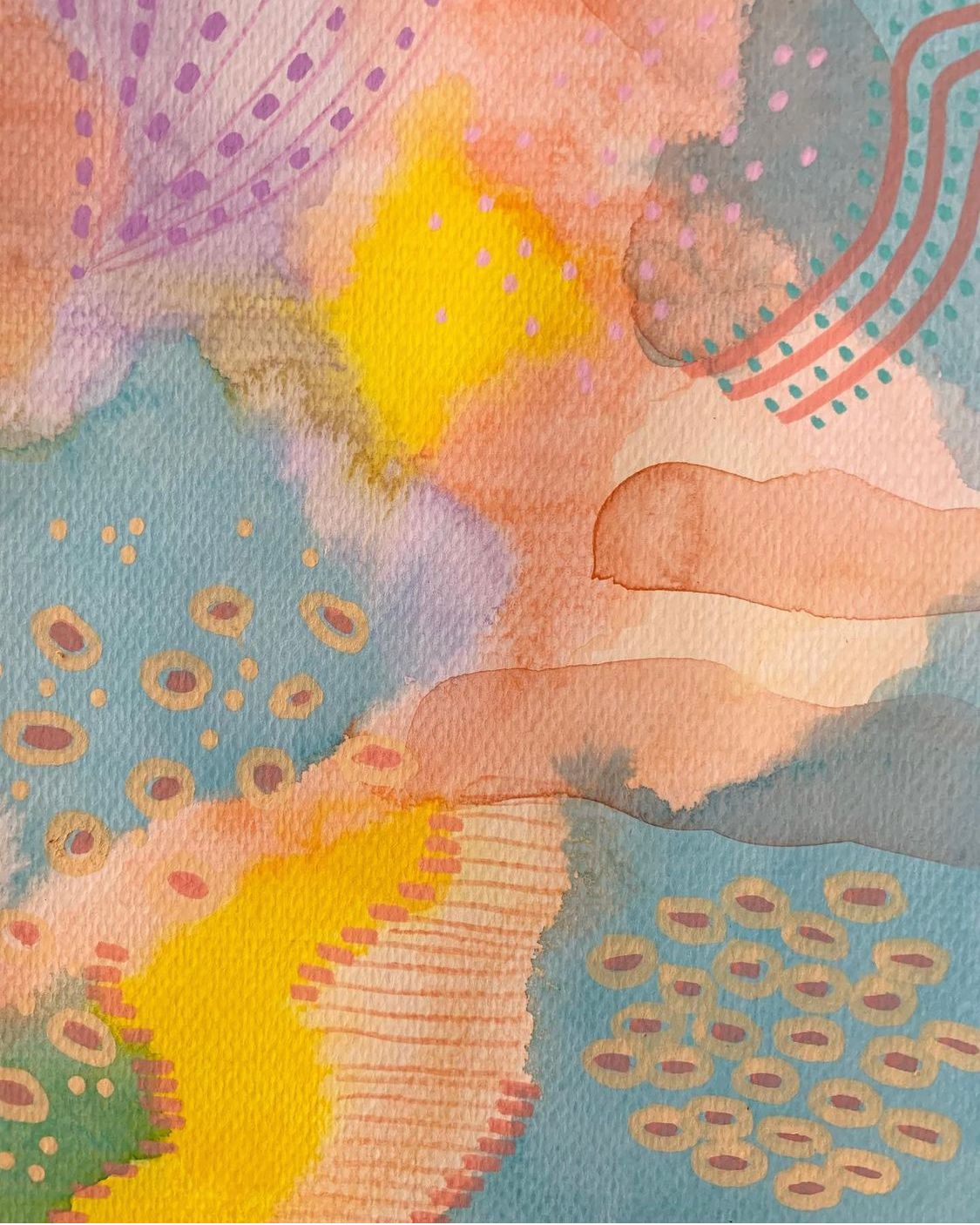The meme reads: "Drink water. Sunbathe. You're basically a plant with complicated emotions." He hooks me. At first, it deals with the physical, organic aspect. Hydrate yourself, sunbathe. Then, it brings a more subjective idea, the "complicated emotions". I think then of human complexity, of what makes us human, of language, which differentiates us from other animals. I think about how we are beings of emotions, feelings, how we create bonds, how we suffer in relationships, how we laugh, how we cry.
Isn't it fascinating that an event, a speech, a phrase, a song, a gesture, can lead us to sigh, to shiver, to laugh, to cry? They lead us to something that goes beyond the limits of the body, of the skin, that breaks with borders, that appears as evidence of something that originates in a deep and obscure layer of ourselves. There is something very mysterious about this, in the air that escapes from the mouth and nose, in the bristling hairs, in the liquid that comes down from the eyes, in the sound waves that come out of the mouth.
It is possible to look at all this from an organic, medical, neurological point of view; To seek to translate our complexity from the human anatomy, from the substances that run through our body. Organs, brain functions, hormones, neurotransmitters... It is also possible to observe them from a psychoanalytic perspective, which has discovered another layer in ourselves; a deep and enigmatic layer, the unconscious. This layer can only be seen in gaps, lapses, small intervals.
It was precisely the phrase of a psychoanalyst that came my way, of intense fascination for what is human. Alain Didier-Weill says:
That the human is the effect of the miscegenation of substances as heterogeneous as the materiality of the body, the image of the body and the verb grafted onto this body, such is the teaching daily granted to the psychoanalyst (p. 17, in The artist and the psychoanalyst questioned by each other , 2014).

Physical body, image, word. All of this gathered in the same animal. This enodation that takes place in the human being reminds us of the distance we are from a "plant with complicated emotions" – even though the meme holds a portion of truth – and more, it reminds us of the work we have to be "simply" human, because it leads us to a kind of displacement in our own body, a real malaise.
In this regard, the same psychoanalyst tells us:
This uneasiness is the very expression of the fact that man, after having become a talker, has found himself deprived of the naturalness that so fascinates him in the animal's body: is it conceivable that a horse, or a cat, gives the impression of being badly lodged in his body, of feeling cramped in it, or, on the contrary, of losing himself in it? (p. 17, idem).
This disengagement is typically human. And if language crosses us, radically transforming our relationship with our body, it is also through it that we try to be able to tell about our complexity and the mysteries we keep. But sometimes the word is not really enough, and then laughter, crying, sighing and shivering appear, reminding us that the body also speaks and even knows a lot before we do.
In the text by Didier-Weill that I quote above, entitled The artist and the psychoanalyst questioned by each other , the author, among so many precious things, talks about how the painter, the musician, the poet and the dancer are like ambassadors of what seems to be this human secret that has intrigued me, "the unheard, the invisible and the immaterial".
I hope that this secret is kept, that they don't unravel it to us through an advanced MRI machine. May artists continue to use this enigma as an engine, may they continue to paint, dance, make music and poetry. I will continue to watch, amazed, seduced and very human.





